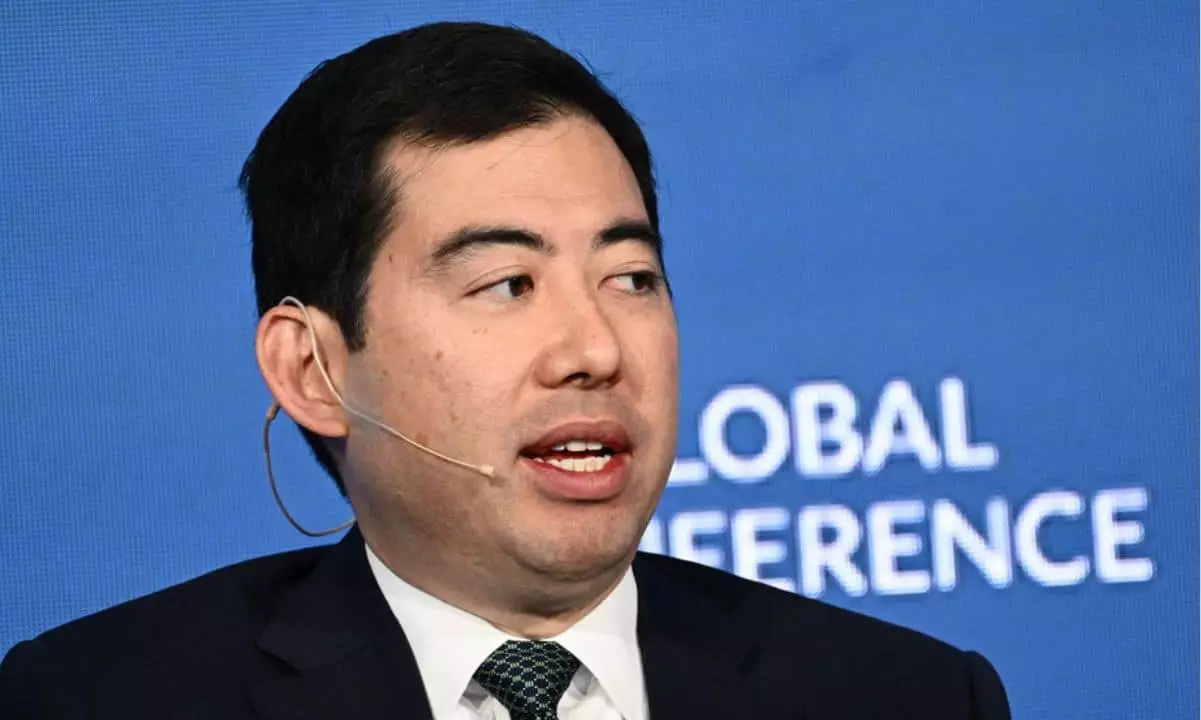The landscape of cryptocurrency regulation in the United States is undergoing significant scrutiny, particularly with the recent comments made by Mark Uyeda, a commissioner of the U.S. Securities and Exchange Commission (SEC). As a Republican appointee, Uyeda’s advocacy for a recalibration of the SEC’s strategy resonates with broader changes anticipated at the federal level, especially if the incoming Trump administration follows through on campaign promises to soften the stance toward the digital asset environment. His assertions claim the need for a cessation of enforcement actions against cryptocurrency companies, specifically highlighting cases devoid of fraud allegations—a sentiment that reflects a rising frustration among industry stakeholders.
In the past three years, the SEC has proactively initiated over one hundred enforcement actions against firms in the cryptocurrency space. These legal endeavors range from serious allegations, like fraud and money laundering—illustrated by the high-profile case against former FTX CEO Sam Bankman-Fried—to lesser infractions related to registration requirements. The latter category has involved lawsuits against major industry players such as Coinbase and Ripple. Such actions stem from SEC Chair Gary Gensler’s interpretation that most crypto tokens are subject to securities regulation, a view that has sparked significant backlash from various quarters, including legal experts and industry leaders.
Uyeda’s stance indicates a growing consensus that many of these enforcement actions are excessively punitive, particularly in cases lacking any clear evidence of fraud or investor harm. The rhetoric surrounding this issue has escalated, with industry voices like Ripple’s CEO branding Gensler’s regulatory approach as a “reign of terror.” The desire for reform is palpable, as legal experts and legislators alike demand clearer, more consistent guidelines that delineate the boundaries of cryptocurrency regulations.
The potential shift in SEC leadership could herald a decisive change in the agency’s approach to crypto regulation. Speculations have arisen regarding who may replace Gensler should he step down before the new administration takes office. Names like Dan Gallagher, currently heading legal and compliance at Robinhood, and Patomak Global CEO Paul Atkins have surfaced, alongside Uyeda himself. Each potential successor brings distinct perspectives and may advocate for a more balanced regulatory environment that better accommodates the innovative nature of the digital currency sector.
Moreover, with both U.S. lawmakers and influential SEC figures like Uyeda and Hester Peirce emphasizing a need for clearer protocols, the forthcoming changes may significantly alter the regulatory climate. There is hope among crypto advocates that the SEC will pivot towards a more supportive and constructive dialogue with the industry, rather than a confrontational stance that has characterized recent years.
The SEC’s current model of oversight, particularly regarding cryptocurrencies, is facing unprecedented scrutiny and calls for transformation. As the possibility of new leadership looms, it raises critical discussions about the future of cryptocurrency regulation in the U.S. A more transparent, fair, and accommodating regulatory framework could facilitate innovation while protecting investors, thereby fostering a potential resurgence of trust within the digital asset ecosystem. The path forward will require careful navigation to balance regulatory responsibilities with the need for a thriving crypto market, and it remains to be seen how these evolving dynamics will unfold.


Leave a Reply